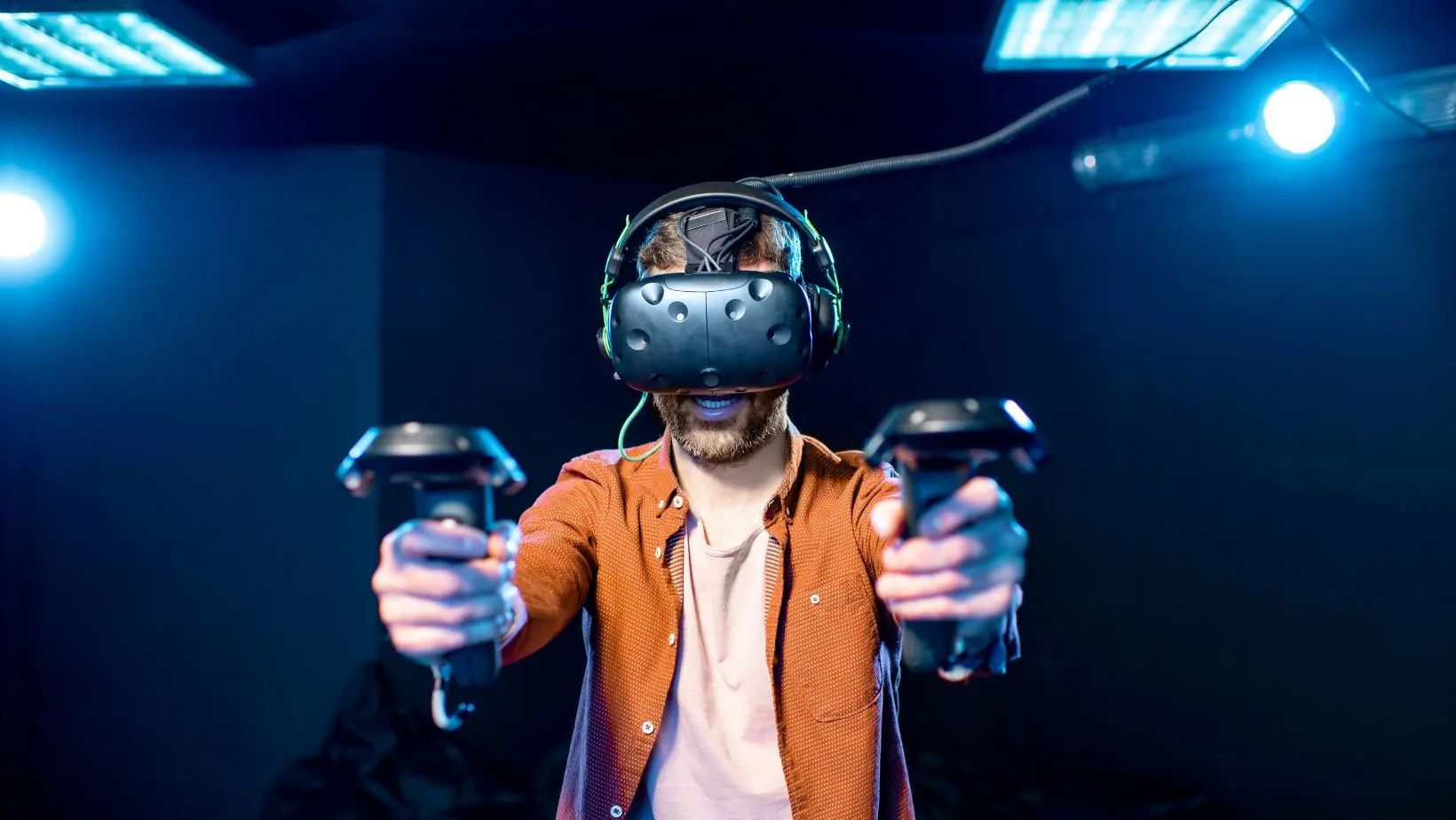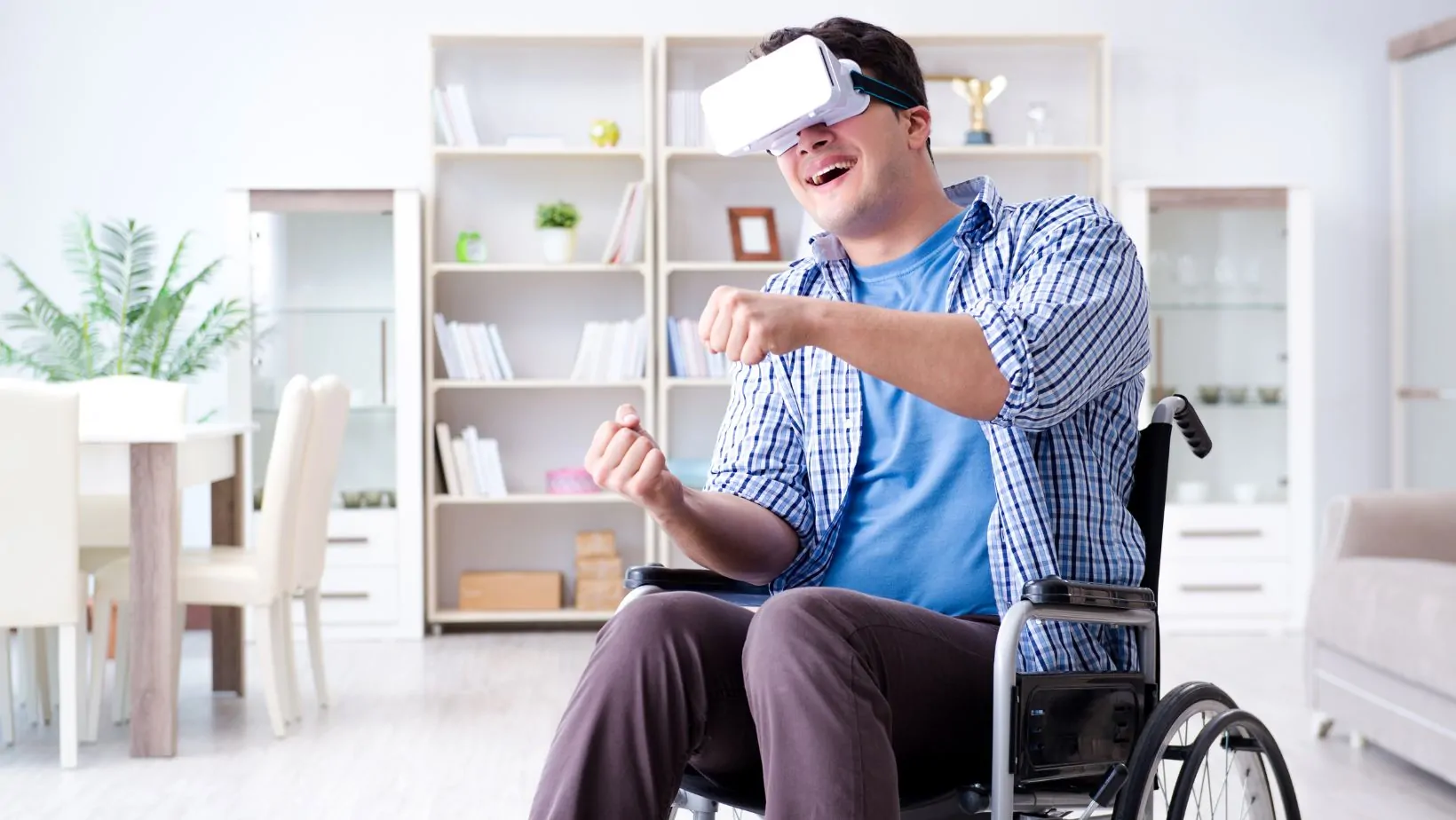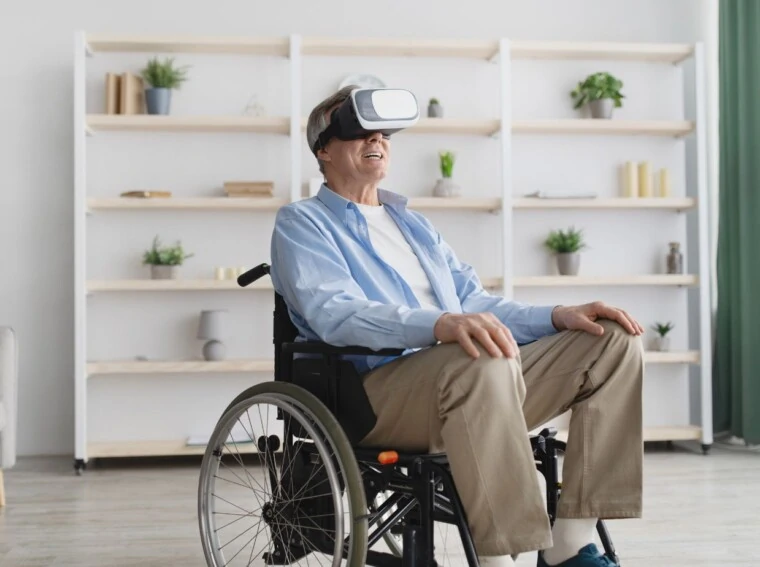The use of simulation games for healthcare education and training has been steadily rising in recent years. These games aim to provide immersive and experiential learning opportunities to better prepare healthcare professionals for delivering quality patient care. Emerging research indicates that simulation games not only enhance learning, but also can directly translate to measurable improvements in healthcare delivery and patient outcomes when applied effectively.
This article explores how healthcare simulation games create valuable training experiences through engagement and repetitive practice. It also evaluates evidence on the benefits of these games for improving provider skills and behaviors in ways that ultimately elevate the level of care and safety for patients. With their unique ability to blend interactivity, realism, feedback and motivation, simulation games are proving to be a promising innovation for improving provider knowledge, competency, and empathy – critical factors for achieving better patient outcomes.
How Simulation Games Enhance Learning
Simulation games are powerful healthcare training tools because they provide immersive, experiential learning opportunities that engage users. Unlike passive learning methods like lectures and textbooks, these games allow learners to actively apply their knowledge and skills to realistically simulated scenarios. This experiential approach aligns with proven educational theories that support learning-by-doing.
One key advantage of simulation games is that they enable repetitive practice in a safe, controlled environment. Learners can experience the same scenario multiple times to reinforce critical skills like basic life support (BLS) sequences. Repeated practice builds muscle memory and skills translation to real patients. For example, a major medical center found that regular simulator practice improved nursing students’ retention of BLS acquired skills algorithms by over 95% compared to traditional clinical rotations alone.

Simulation games also develop stronger clinical reasoning, critical thinking and decision-making competencies. The games promote active experimentation and feedback without real-world risks, allowing learners to make judgment calls and weigh various treatment options. This helps prepare them for quickly assessing patient situations and needs.
Benefits for Patient Outcomes
Beyond enhancing the learning process itself, simulation games impart healthcare providers with knowledge and skills that can directly improve patient outcomes. Some of the major benefits supported by research are:
Improved Diagnostic Accuracy: The opportunity to repeatedly practice recognizing symptoms, interpreting tests and developing differential diagnoses in various simulated scenarios improves clinical pattern recognition skills and diagnostic capabilities. This leads to reduced diagnostic errors and delays that can be detrimental to patients.
Enhanced Technical Skills: Simulators allow extensive rehearsal of procedures and surgical techniques to develop muscle memory prior to performing them on actual patients. This results in greater adaptation of skills learned in simulation to real-world clinical settings.
Better Adherence to Care Guidelines: Scenarios in simulation games can be designed to reinforce evidence-based, best-practice approaches to diagnosis and treatment. This boosts learners’ abilities to follow care protocols, make use of clinical decision support tools, and reduce preventable medical errors.

Increased Provider Confidence: Gaining experience with stressful, high-risk situations during simulation improves readiness for managing crisis scenarios with real patients. This builds provider confidence, empathy, and ability to deliver quality care under pressure.
Conclusion
As the adoption of simulation games in healthcare education continues to grow, their unique potential to ultimately improve patient outcomes is becoming increasingly clear. These immersive simulations provide healthcare professionals with impactful opportunities for experiential learning, skills development, and competency building that align with proven educational theories.
Extensive research now demonstrates how simulation games can enhance providers’ clinical knowledge, hone their technical skills, sharpen their diagnostic abilities, promote adherence to care guidelines, and boost their confidence when managing high-risk scenarios. These benefits all point towards measurable downstream improvements in the quality and safety of care for patients. For example, studies have shown that regular simulation-based practice can increase nursing students’ retention of basic life support algorithms by over 95% compared to traditional clinical rotations alone. Such skill mastery leads to timely, appropriate, evidence-based care delivery.
While work is still needed to optimize design approaches and integrate simulation programs, the unique blend of engagement, repetition, feedback, motivation and experimentation offered by these games has cemented their role as a transformative innovation in healthcare education. As technology improves to make simulations even more immersive and accessible, they will become a fundamental pillar of training clinicians.
Superior healthcare provider preparation translates directly into improved diagnostic accuracy, fewer preventable errors, better adherence to best practices, and increased provider capability when responding to emergent situations with patients. Simulation games are thus a promising tool for elevating the entire healthcare system through better training to ultimately deliver safer, higher quality care and improve outcomes for patients.

